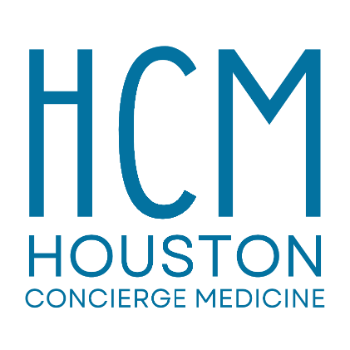Track It to Hack It In Houston, Texas
Saturday, August 02, 2025 | By: Houston Concierge
Did you know wearable health devices can help you take control of your health like never before? Tools like the Apple Watch and fitness trackers now offer more than just step counts—they monitor heart rate, sleep patterns, activity levels, and other key health metrics in real time. When used thoughtfully, this data can provide valuable insights into your overall well-being, helping you track trends, identify potential issues early, and make smarter lifestyle choices. By staying proactive and informed, you can better support your long-term health and wellness goals.
1. Introduction to Wearable Health Technology
Wearable health technology has revolutionized how we monitor and manage our health. Devices such as smartwatches and fitness trackers enable users to collect a wealth of health-related data that was previously only accessible in clinical settings. These tools empower individuals to take charge of their health by providing insights that inform daily decisions. Understanding heart rate, sleep patterns, activity levels, and calorie expenditure are just a few examples of how actionable health data is at our fingertips now.
2. Key Health Data Gathered by Wearables
With Dr. Gregory Burzynski’s guidance, wearable health data can be transformed into a personalized, actionable care plan.
Heart Rate & Heart Rate Variability (HRV)
-Helps track stress and how well your body is recovering
-A higher resting heart rate might mean you're stressed or not fully recovered
Sleep Patterns
-Shows how long and how well you’re sleeping
-Can reveal problems like waking up often or not getting deep sleep
Activity Levels
-Tracks your steps, workouts, and how much time you spend moving
-Helps you set realistic fitness goals and stay motivated
Calories Burned & Nutrition Insights
-Estimates how many calories you burn based on your movement and heart rate
-Useful for managing weight and supporting your metabolism
3. How Wearable Technology Informs Personalized Treatment Plans
The power of wearable health data lies in its ability to inform personalized care. With continuous monitoring, Dr. Gregory Burzynski can make real-time, tailored recommendations—whether adjusting workouts or improving sleep—ensuring better outcomes through a truly collaborative, data-driven approach.
4. Benefits of Continuous Monitoring and Data Collection
Wearable health devices offer more than just information for doctor visits—they help you stay connected to your health every day. Here’s why continuous monitoring is so helpful:
-Stay Accountable: Seeing your health data regularly makes it easier to stick to your exercise and diet goals.
-Catch Problems Early: Tracking your health over time helps spot issues before they become serious, helping you avoid bigger problems later.
-Instant Feedback: Wearables give you real-time info so you can adjust your habits right away and stay on track.
-Better Healthcare Decisions: Sharing your data with your healthcare provider gives them a clear picture of your health, leading to smarter treatment choices.
5. Best Practices for Using Wearable Health Devices
While wearable health technology offers a plethora of benefits, maximizing their potential requires intentional use. Here are several best practices:
-Set Goals: Define clear, achievable targets for health improvement.
-Use Your Data: Review and interpret metrics to guide progress.
-Check In Regularly: Assess data weekly or monthly to adjust as needed.
-Share with Providers: Bring data to appointments for expert guidance.
-Stay Balanced: Use numbers as a tool, but trust how your body feels.
Dr. Gregory Burzynski can help you make sense of your wearable data and create a personalized, practical health plan tailored to your needs.
6. The Future of Wearable Health Technology
The wearable health technology market is rapidly advancing, with innovations like stress monitoring, blood oxygen tracking, and potential blood glucose monitoring on the horizon. Integrated with AI, these devices could offer personalized coaching, detect health risks, and strengthen connections between patients and providers. As technology evolves, data-driven insights will further empower individuals to manage their health and live healthier lives.
Where Do We Go From Here?
As we have seen, wearable health devices are more than just trendy gadgets. They play a critical role in health management, tracking, and personalizing care plans through detailed monitoring of various health metrics.
Use wearable tech to track real-time health data, set clear goals, and work with your healthcare provider for lasting wellness. Book an appointment with Dr. Gregory Burzynski at Houston Concierge Medicine to maximize your wearables’ benefits and create your ideal health journey.

